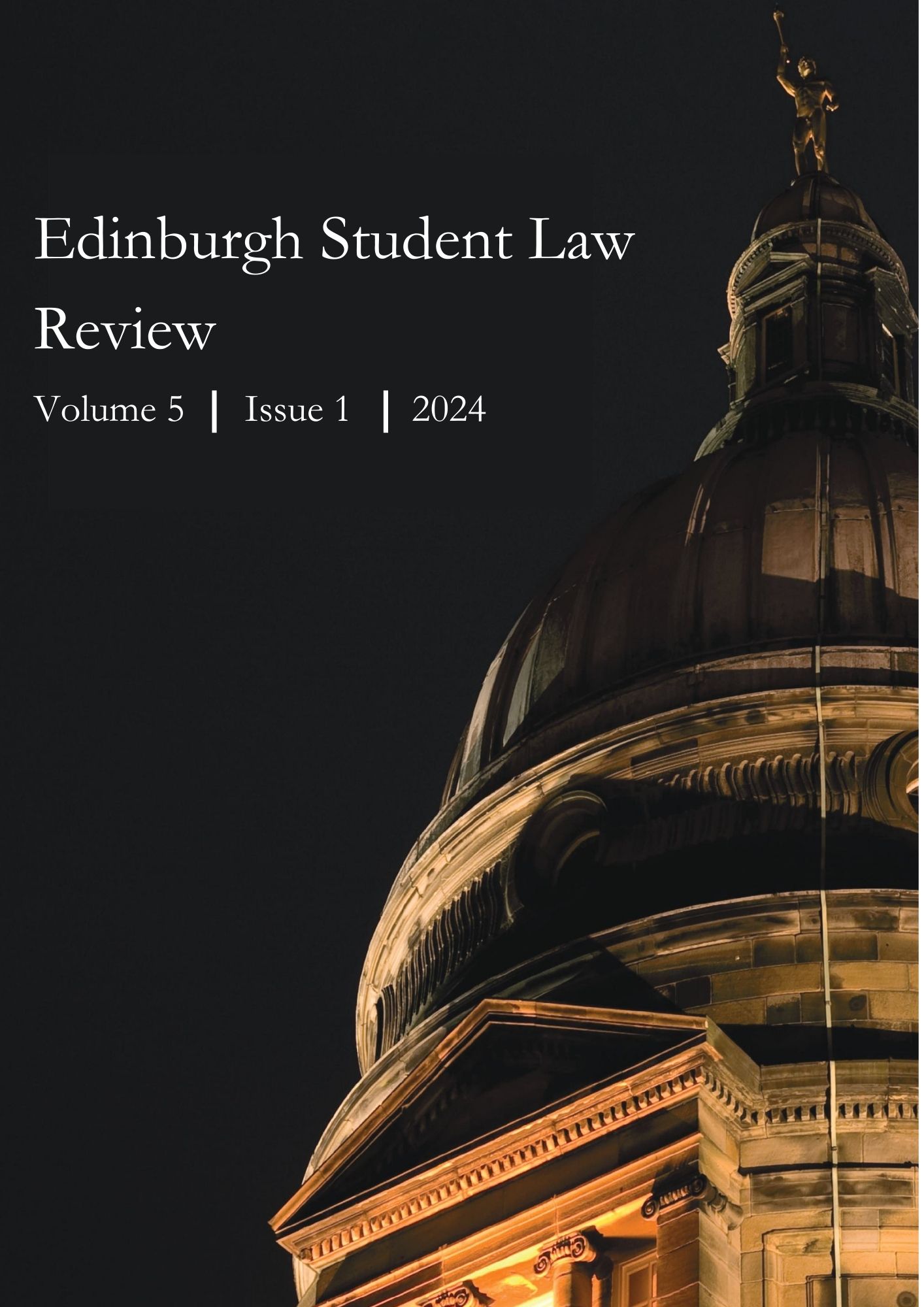The Strange Case of an Agent Acting for an Unidentified Principal
DOI:
https://doi.org/10.2218/eslr.2024.5.1.9716Abstract
The concept of disclosed – but unidentified agency – generates a high level of uncertainty for third parties in Scotland. The article attempts to untangle the web of three leading Inner House cases, namely, Ferrier v Dods, Lamont, Nisbet & Co v Hamilton, and Ruddy v Monte Marco & ors, demonstrating that there is no established approach to unidentified agency in our jurisdiction. Furthermore, the paper evaluates three possible approaches to unidentified agency: the absence of a general rule of liability (Lamont), the general rule of liability against (1) the agent (Ruddy), or (2) the principal (cf Ruddy), and finally, the general rule that the agent is liable, but only unless – and until – he names the principal (Ferrier). In agreement with Professor Macgregor’s interpretation of Ferrier, the article concludes that the agent should be liable only ‘unless and until the principal is disclosed.’ In other words, the agent should be seen as intervening in the contract between the principal and third party ab initio, automatically absolved from liability by naming the principal. Such an approach would accurately reflect where the third party’s consent lies, adequately address the practical difficulty of identifying the principal, and be in consistence with the position taken by some leading European law instruments, with which Scottish agency law shares a common tradition. The proposed solution is not uncontroversial due to the general principle of privity. However, it could be accommodated as an exception to the privity doctrine on the basis of practical necessity – or, more persuasively, by the emerging doctrine of good faith in Scots law.
Downloads
Downloads
Published
Issue
Section
License
Copyright (c) 2024 Nadia Napieraj

This work is licensed under a Creative Commons Attribution 4.0 International License.






